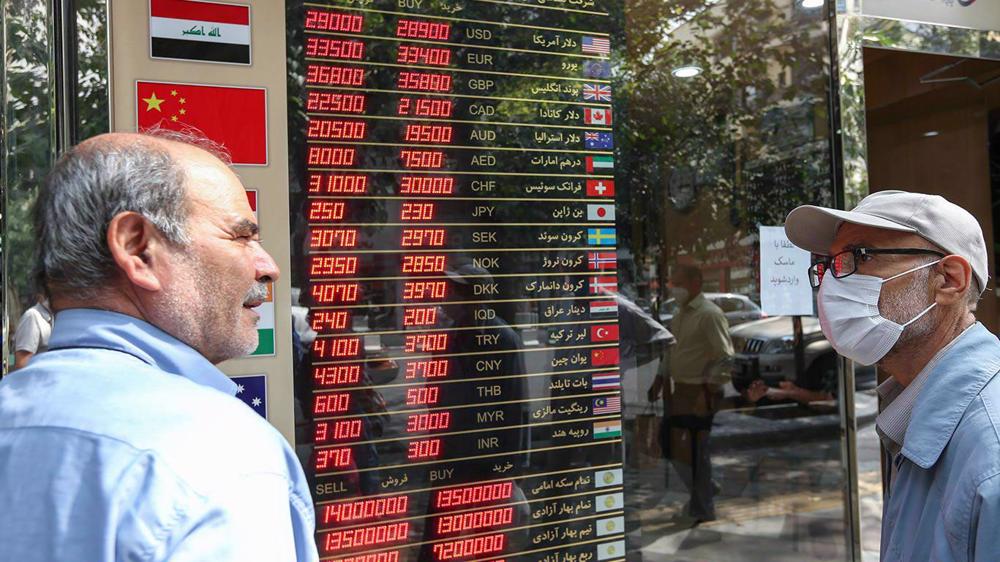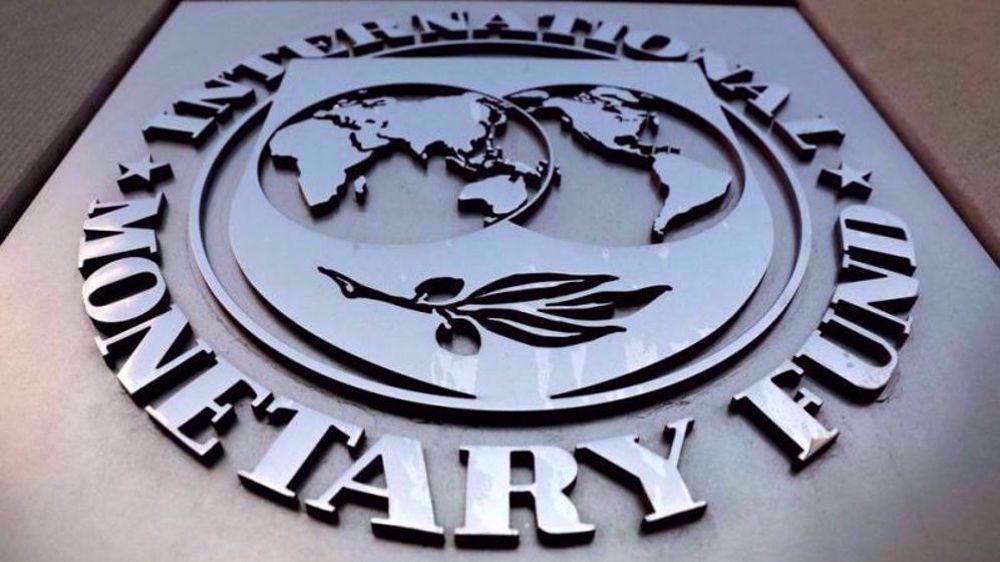World grain traders lining up for business in Iran
A new report says as prospects for the removal of international sanctions against Iran seem promising, world’s major grain traders are standing in line to start business in the country.
According to a report published by Bloomberg on Tuesday, although sanctions against Iran did not cover foodstuff, conditions for trade with the country became so difficult that most grain suppliers preferred to stay out.
Sanctions were imposed on Iran by the US and the European Union at the beginning of 2012, claiming that there was diversion in Iran's peaceful nuclear program toward military purposes; an allegation that Iran categorically rejected.
The Islamic Republic clinched an agreement over its nuclear program, known as the Joint Comprehensive Plan of Action (JCPOA), with six world powers in Austrian capital city, Vienna, in mid-July.
According to JCPOA, sanctions imposed on the country’s economic and energy sectors will be lifted in return for certain restrictions on Iran's civilian nuclear program.
Now, with the prospects of sanctions removal on the horizon, new companies are entering the market, Bloomberg added.
One example is BayWa AG, a German firm that recently shipped Russian grain and South American soybean meal to Iran.
The report added that although biggest grain traders, including Bunge Ltd. and Cargill Inc., continue to operate in Iran, the removal of sanctions will provide them with an opportunity to expand their operations.

"When the sanctions came in, you started to see some people shying off and not willing to take the risk anymore," Michel Dumoulin, a trader at Rotterdam-based Nidera BV, told Bloomberg by phone, adding, "In the past six to eight months, we’ve seen a lot of new, small players in the Caspian Sea. Russian and Ukrainian companies, all entering the market in Iran."
Iran, which is globally known for its savory flatbreads such as lavash, barbari and taftun, is a hot market for grain traders because Iranian citizens rely on bread as a staple food.
Bloomberg noted that as world’s big grain traders are going to meet in Geneva for the annual Global Grain conference, experts maintain that Iran will be a key point of their talks.
The Munich-based BayWa, which sent an executive to Tehran last month as part of a German trade delegation of 100, has announced plans to ship 250,000 metric tons of grains and oilseeds to the country during the current quarter.
Meanwhile, the Netherlands-based Nidera says its executives will travel to Iran soon to visit customers, according to Dumoulin. Nidera, the majority of whose shares are owned by China’s largest food company, Cofco Corp., exports as much as 3 million tons of grain and vegetable oils to Iran a year.
"We hope that, if sanctions are eased or lifted, trade in food and agricultural commodities will increase," Elissa Bertot, a spokeswoman for Chicago-based Archer-Daniels-Midland Co., the world’s largest corn processor, said in a statement last week.
Meanwhile, the Iranian government has taken steps to make grain trade easier, including by ending a USD 50 a ton wheat import duty in August and lifting a rice import ban this month, Bloomberg quoted Ali Ghanbari, head of Government Trading Corporation of Iran as saying.
"The termination of these sanctions would have a clearly positive impact," BayWa’s Lutz said, adding, "Iran is one of the most essential import markets for grain and oilseeds in the world and has great significance for the agricultural trade."
Russia’s Lavrov condemns Western plots for ‘regime change’ in Iran
‘No natural uprising’: Prominent global voices on US-Israeli role in engineering Iran riots
Trump threatens 200% wine tariffs on France to push Macron to join Gaza board
Yemen’s Saudi-backed PLC slams UAE for running secret prisons; Abu Dhabi denies
Swiss MPs move to strip UEFA of tax-exempt status over failure to ban Israeli teams
VIDEO | Massive Michigan pileup sees over 100 vehicles collide in highway crash
Diagnosing the roots of Iran’s economic turmoil
VIDEO | Press TV's news headlines










 This makes it easy to access the Press TV website
This makes it easy to access the Press TV website